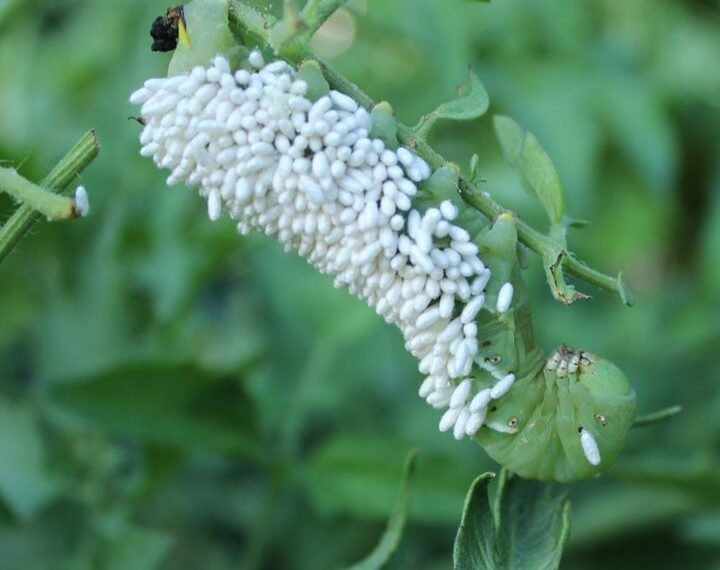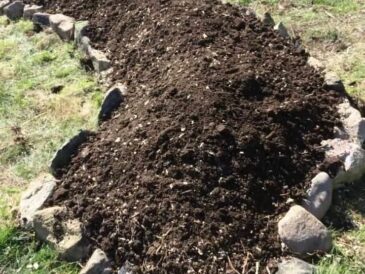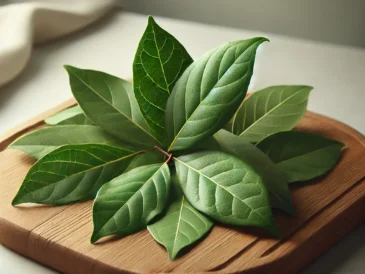When it comes to maintaining a garden, many of us instinctively think that all bugs are bad and must be eradicated. However, this couldn’t be further from the truth. Some insects are not only harmless but also play a crucial role in keeping your garden thriving and healthy. These helpful bugs act as pollinators, pest controllers, and soil enhancers. Here’s a list of 12 garden bugs you should never get rid of—and why they are your best allies in gardening.
1. Ladybugs
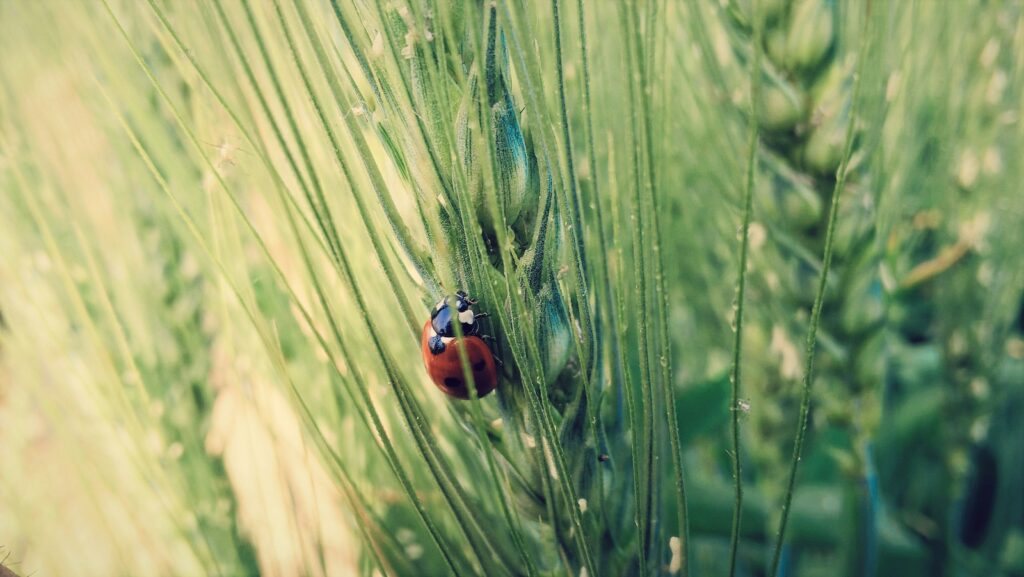
- Why Keep Them? Ladybugs are voracious predators of aphids, whiteflies, and other harmful pests that damage plants.
- How to Attract Them: Plant dill, fennel, or marigolds, and avoid using pesticides that could harm them.
2. Bees
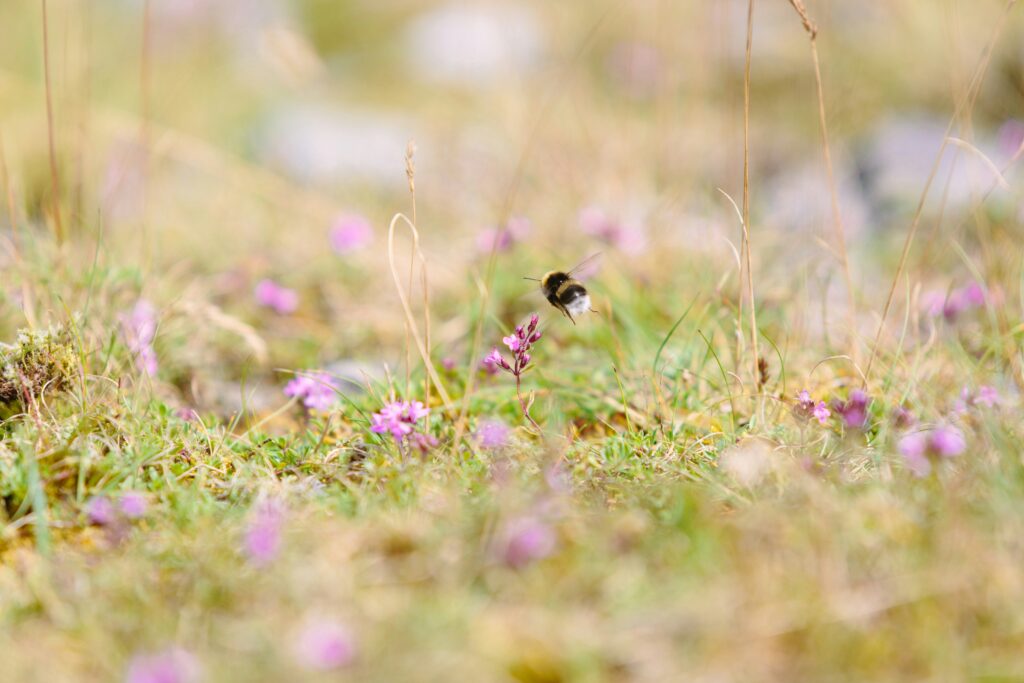
- Why Keep Them? Bees are vital pollinators. Without them, many fruits, vegetables, and flowers wouldn’t develop.
- How to Attract Them: Include bee-friendly plants like lavender, sunflowers, and clover in your garden. Provide a shallow water source for them to drink.
3. Praying Mantises
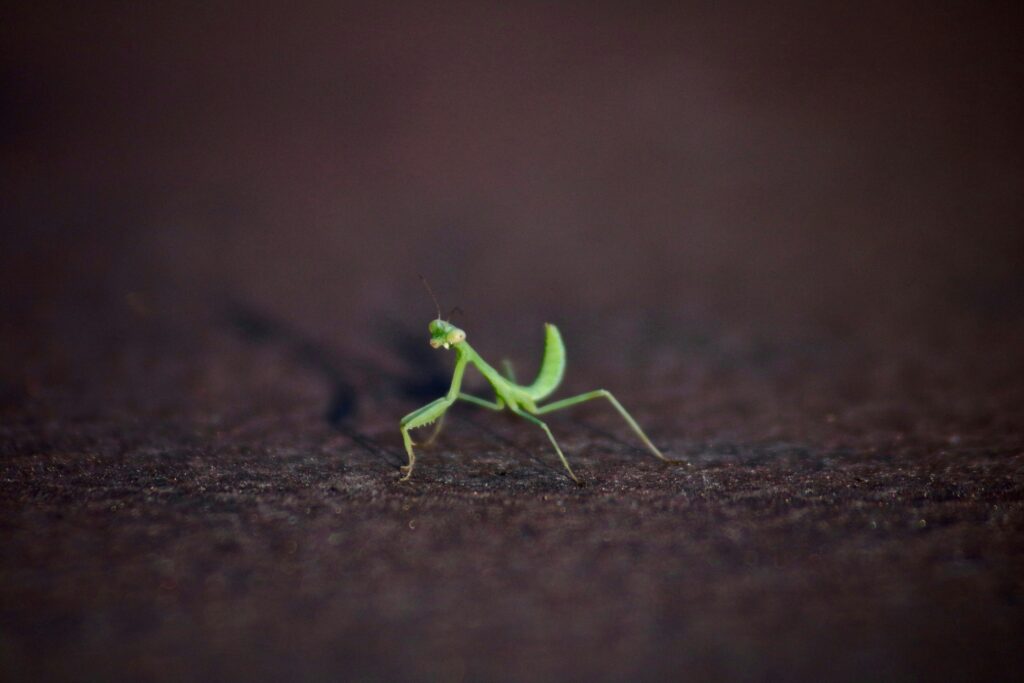
- Why Keep Them? These insect-eating machines feast on moths, flies, and even caterpillars, which are notorious for destroying crops.
- How to Attract Them: Keep areas of tall grass or shrubs where they can hide and hunt.
4. Earthworms
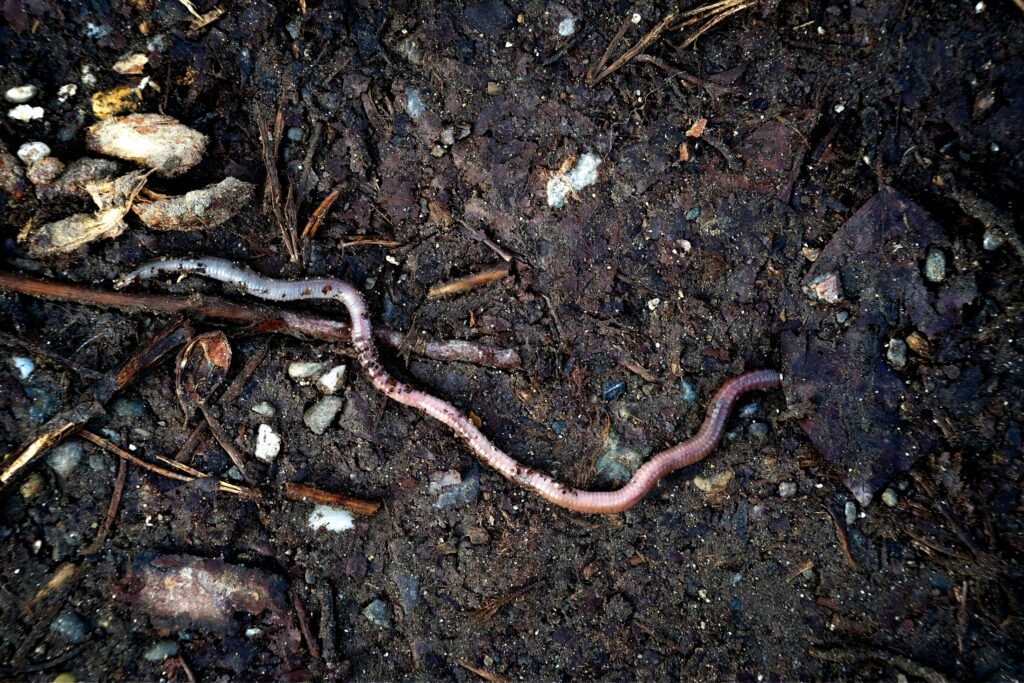
- Why Keep Them? Earthworms improve soil aeration, increase drainage, and enrich the soil with nutrients through their castings.
- How to Attract Them: Use organic compost and keep your soil moist but not waterlogged.
5. Butterflies
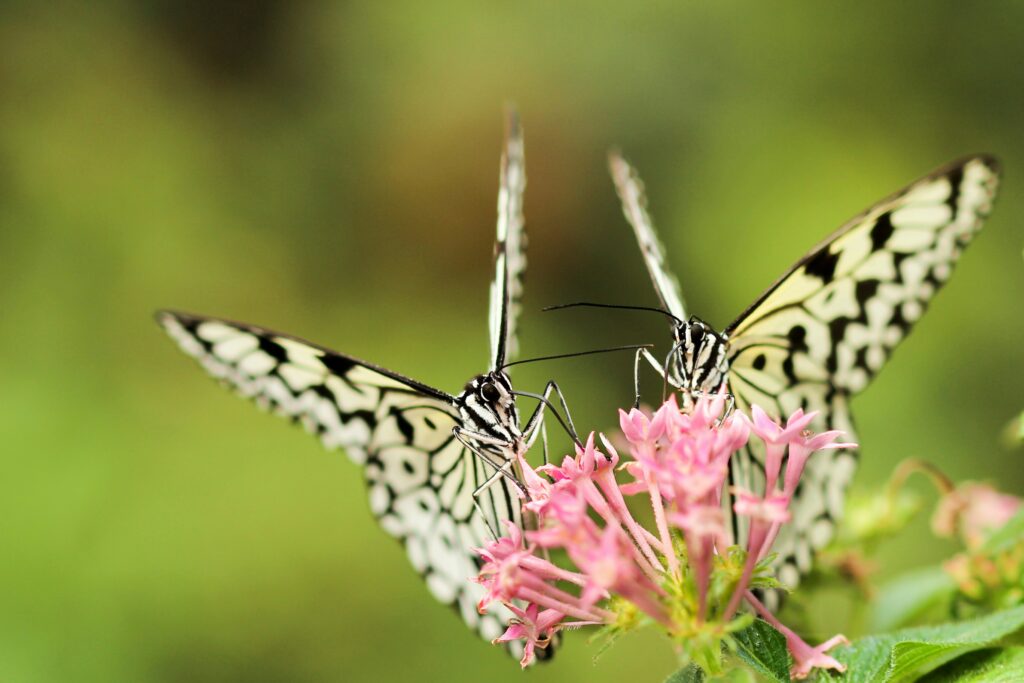
- Why Keep Them? In addition to their beauty, butterflies are essential pollinators for many flowering plants.
- How to Attract Them: Plant nectar-rich flowers like zinnias, lantanas, and milkweed.
6. Hoverflies
- Why Keep Them? Often mistaken for small bees, hoverflies consume aphids and other soft-bodied pests. Their larvae are particularly effective predators.
- How to Attract Them: Plant parsley, yarrow, and alyssum to attract hoverflies.
7. Ground Beetles
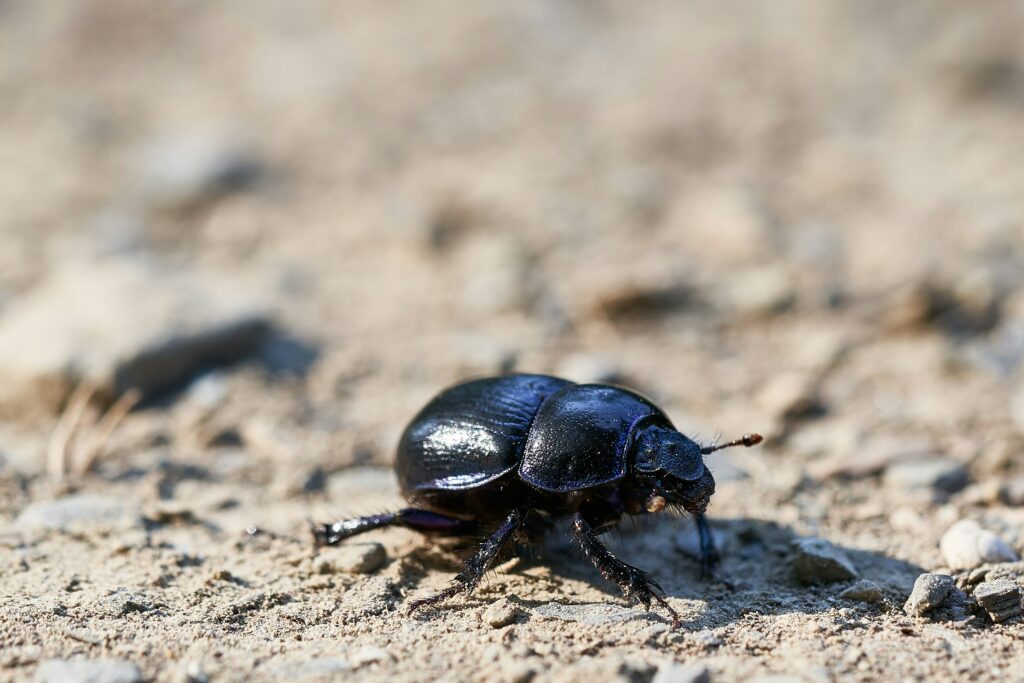
- Why Keep Them? Ground beetles are nocturnal hunters that feed on slugs, snails, and other destructive pests.
- How to Attract Them: Provide mulch or stones where they can hide during the day.
8. Lacewings
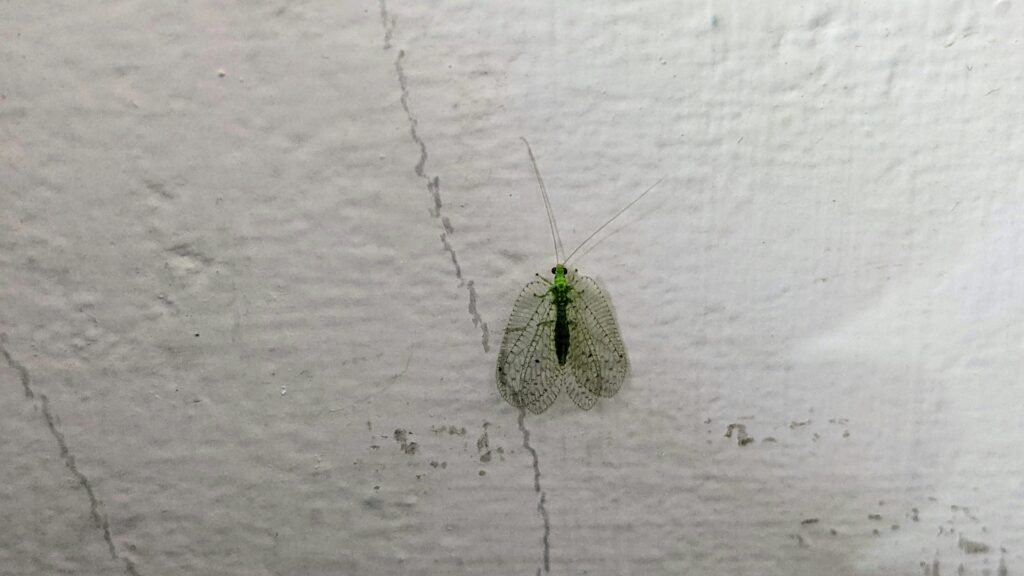
- Why Keep Them? Lacewing larvae are nicknamed “aphid lions” for their insatiable appetite for aphids, mites, and thrips.
- How to Attract Them: Grow plants like dill, coriander, and daisies to attract lacewings.
9. Spiders
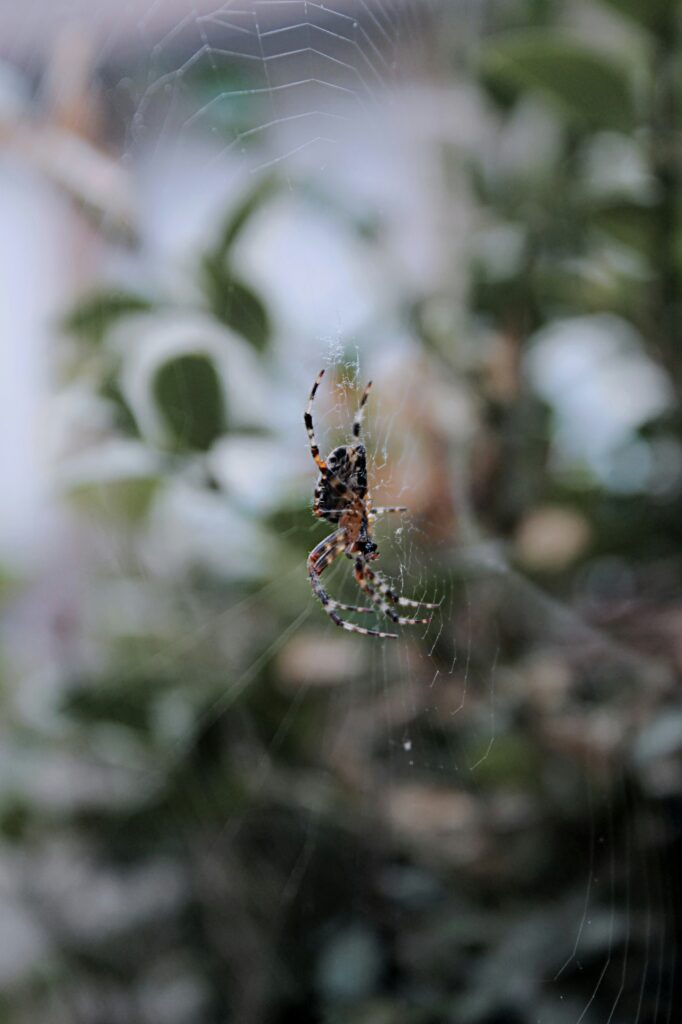
- Why Keep Them? Spiders trap and eat a variety of flying and crawling pests, including flies, mosquitoes, and beetles.
- How to Attract Them: Avoid removing webs and provide dense foliage or mulch for them to inhabit.
10. Dragonflies
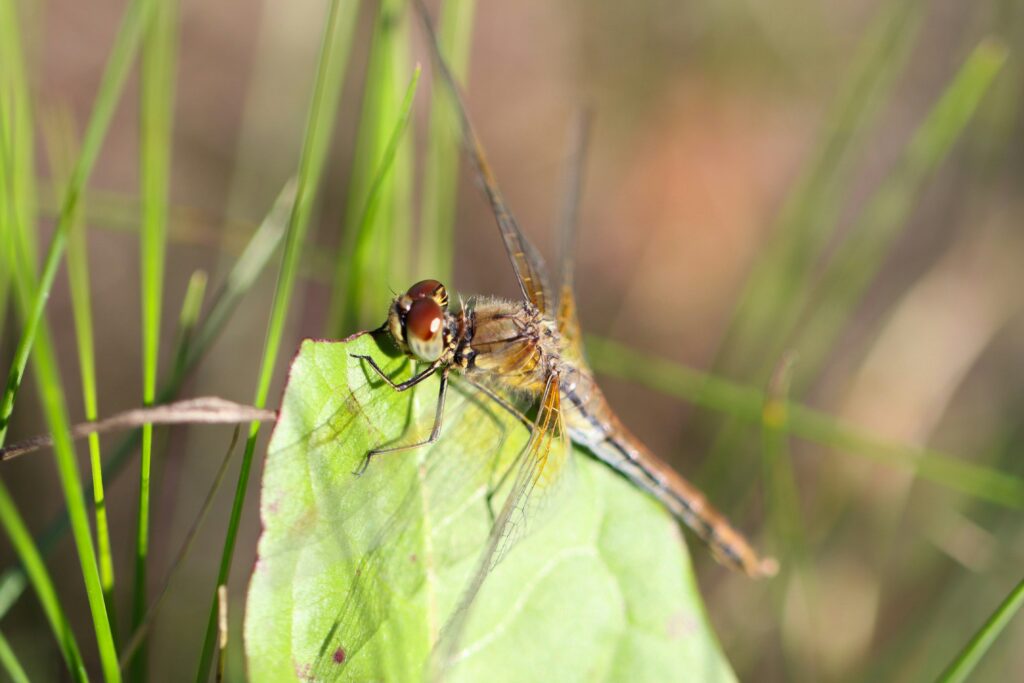
- Why Keep Them? Dragonflies are natural mosquito predators and help keep other small flying insects in check.
- How to Attract Them: Create a small water feature like a pond to encourage dragonflies to visit your garden.
11. Soldier Beetles
- Why Keep Them? These beetles consume aphids, grasshopper eggs, and caterpillars, acting as natural pest control.
- How to Attract Them: Plant goldenrod, milkweed, and hydrangeas to provide food and shelter.
12. Millipedes
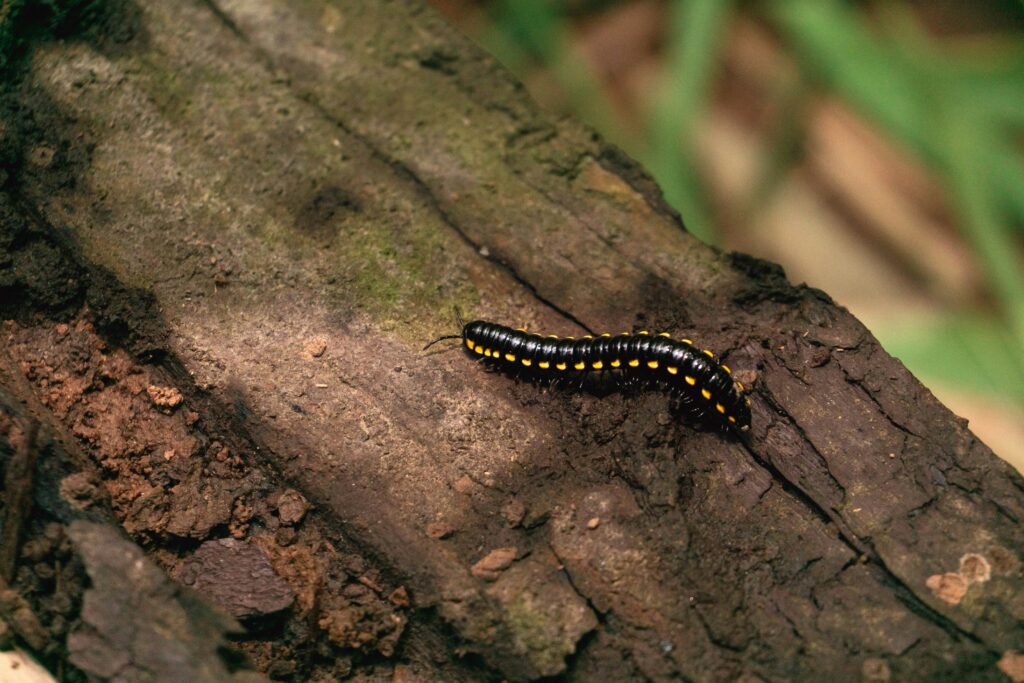
- Why Keep Them? Millipedes break down decaying organic matter into nutrients, enriching your soil.
- How to Attract Them: Keep leaf litter or mulch in your garden to provide shelter and food for them.
Tips to Protect These Beneficial Bugs
TO CONTINUE READING THE ARTICLE PLEASE SEE PAGE 2
